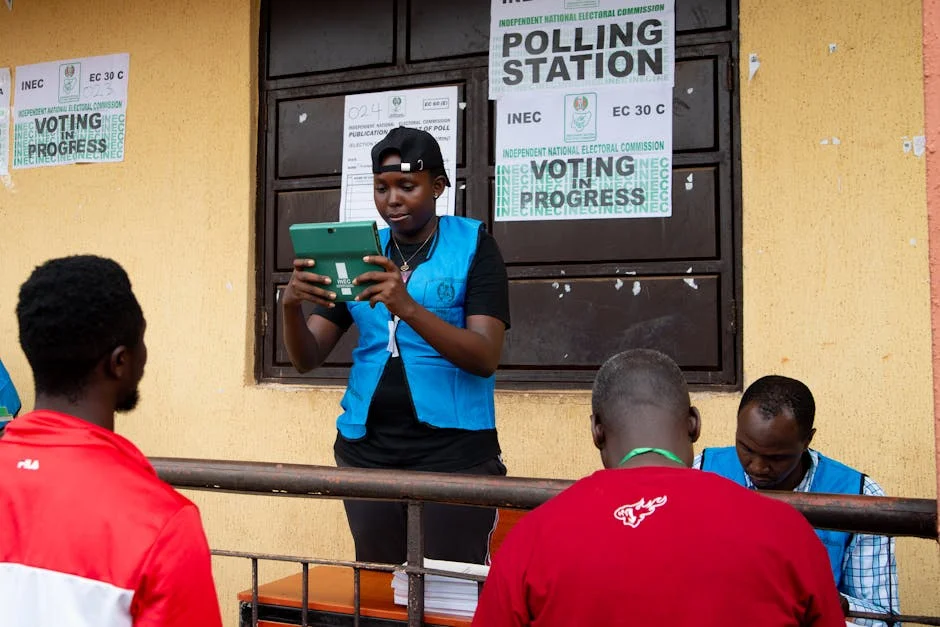The Federal Government of Nigeria has raised its contribution to offset the revenue shortfall in the power sector during the second quarter of 2023 to N135.2 billion.
This is a substantial increase from the N36 billion paid in the first quarter of the same year.
The details were disclosed in the Nigerian Electricity Regulatory Commission (NERC) quarterly report.
The report stated that “the government incurred a subsidy obligation of N135.23bn in 2023/Q2, which is an increase of N99.21 billion (+275 percent) compared to the N36.02 billion incurred in 2023/Q1; this increase is largely attributable to the government’s policy to harmonise change rates.”
It stated that on average, the subsidy obligation incurred by the government per month was N45bn in 2023/Q2.
The report said that during the period, the total revenue collected by all Distribution Companies (DisCos) was N267.8bn out of the N354.61 billion that was billed to customers.
“The DisCos overall collection efficiency increased by 6.79 percentage points from 68.75 percent recorded in 2023/Q1. While the total collections increased by 8.41 percent (compared to N247bn in 2023/Q1), the total billings declined by -1.33 percent (compared to N359.3bn in 2023/Q1).
It added that the total electricity generated during the quarter reduced to 8,867.05 Gigawatt per hour (GWh), translating to a decrease of -5.17 percent (-483.19GWh) from the 9,350.24GWh generated in 2023/Q1.
It said this is due to 16 of the 26 grid-connected power plants recording a decrease in total generation.
“The decrease in electricity generation in 2023/Q2 was due to a decrease in the available capacity of the power plants. Two of the top performing power plants in 2023/Q1 – Olorunsogo and Alaoji NIPP were both unavailable for 84 days (approximately 91% of the quarter) in 2023/Q2 due to gas constraints and mechanical faults.”
“Furthermore, all the hydropower plants recorded decreases in their average generation in 2023/Q2. Shiroro hydro plant recorded a decrease in generation due to the shutting down of one of its four (units/turbines for minor maintenance as well as water management caused by the depletion of its dam reserves since the end of the rainy season in 2022/Q3. Jebba had 50 percent of its turbines (289.2MW capacity) shut down in 2023/Q2 to allow them to undergo total overhaul and replacement of key components including generator rotor, winding and Automatic Voltage Regulator (AVR). Dadin Kowa was unavailable for 50 percent of the time in April and May due to low gross operating head.”



